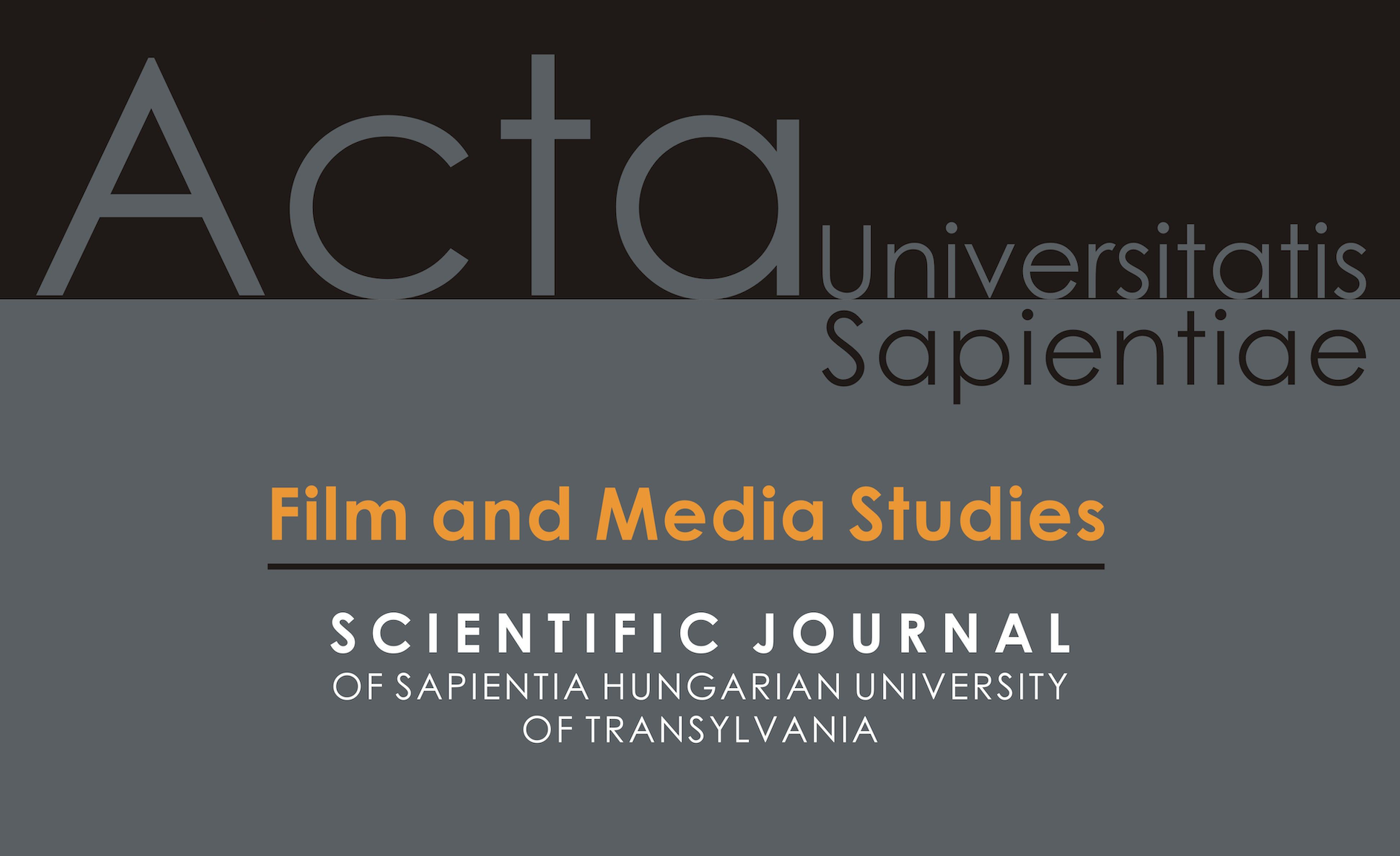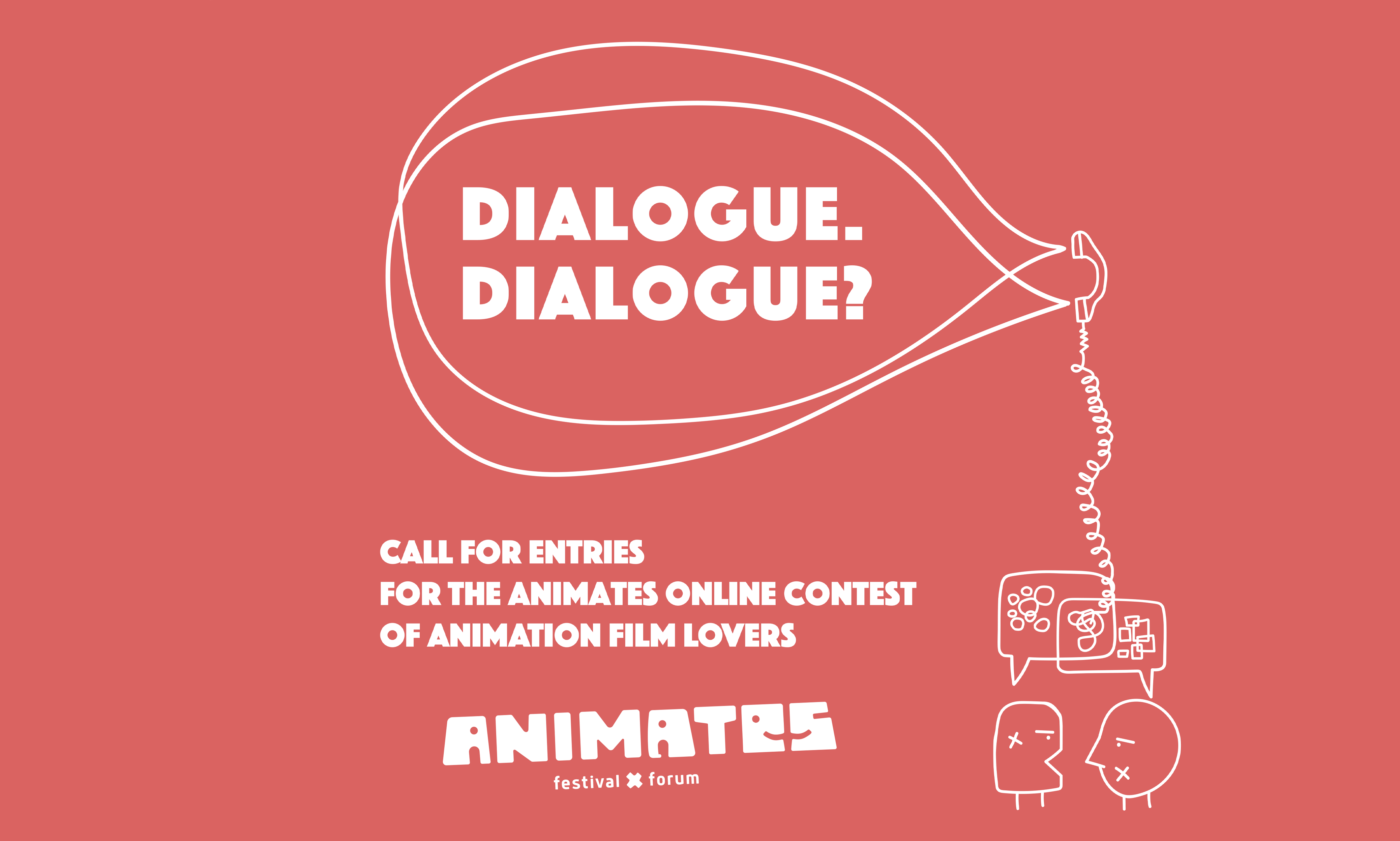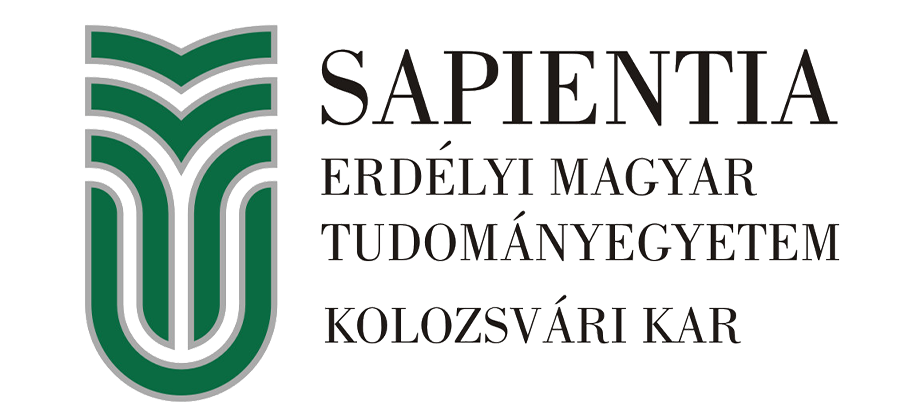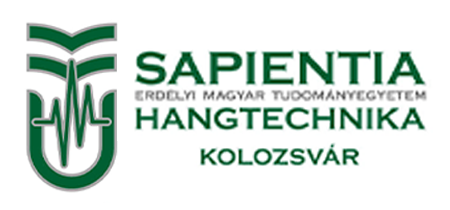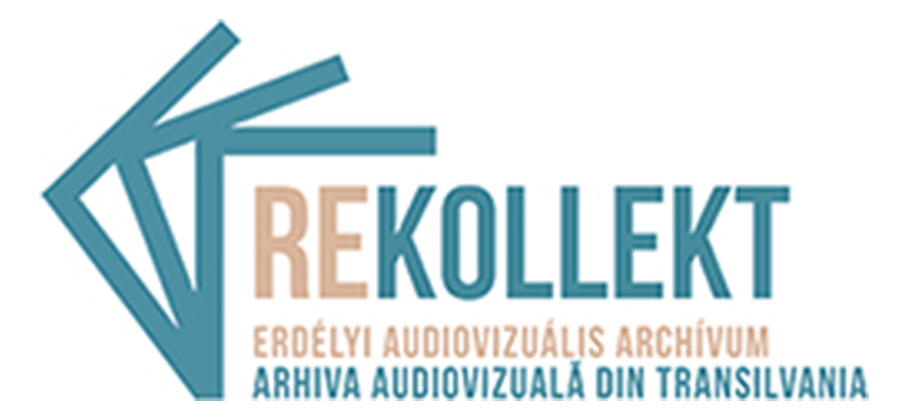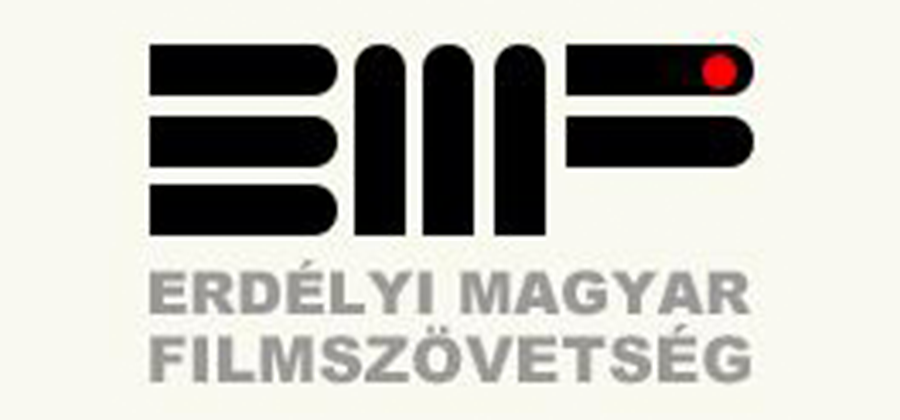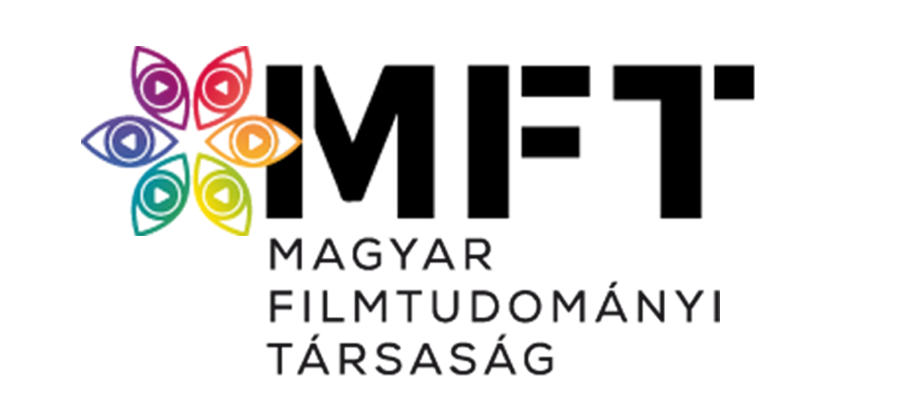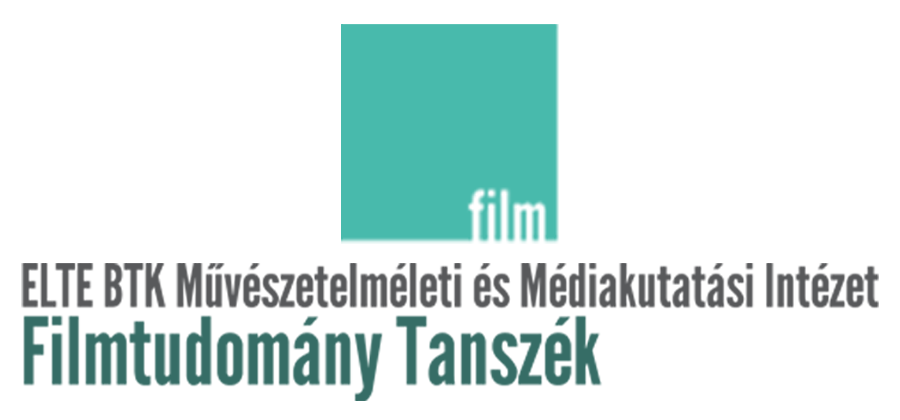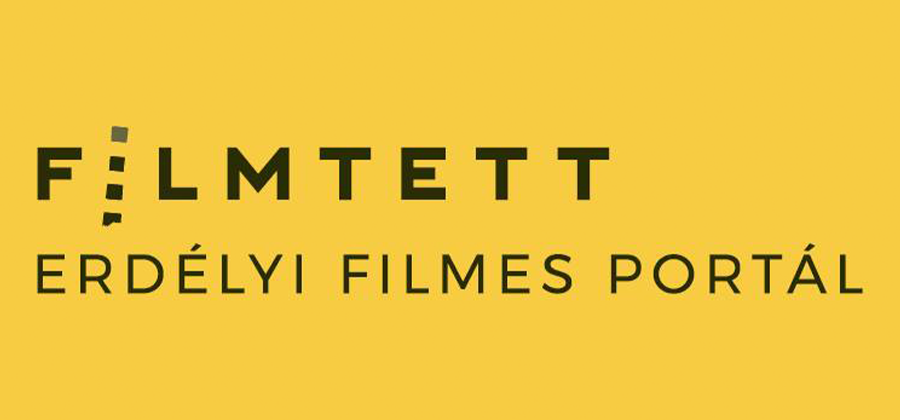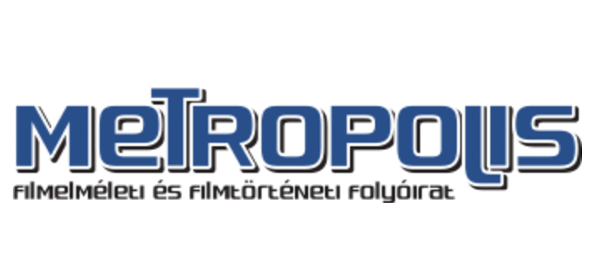| Research / Research programs / | previous | next |
Cultural Traumas in Contemporary European Small National Cinemas
Presentation
Abstract of the project: The comparative analysis of European small national cinemas within the context of collectively and culturally traumatic events in recent European history is still a relatively uncharted territory. While cinematic representationsâ powers of mediating collective and cultural traumas has been a fruitful research field in trauma and memory studies, and European small national cinemas also elicit constant attention, the combination of these two perspectives within a systematic comparative framework may be categorized a novel approach. The urgency of such a conception and a corresponding research project â especially with reference to the dissolution of the âstrong, caringâ communist or welfare state â may be easily seen: the creators, films and audiences still share common memories of this latest collective trauma that theyâve transformed into a culturally mediated one. Referring to the critically most acclaimed, and the domestically most popular Romanian, Hungarian, Danish, Swedish, Irish and Scottish films of the 1990-2020 period, and using a combined qualitative-quantitative methodology of production studies, textual-formal analysis and reception studies, the target is a 21st century overview of the contemporary film history of European small national cinemas and their best creative practices that enable them to co-exist with better funded and more influential major national or global-reach cinemas while processing collective traumas into cultural ones.
Objectives of the project: his project proposes to devise a combined methodology for charting the common creative methods that several European small national cinemas have devised â not independently of the employment of film genre panels â while working through successive collective and cultural traumas in the recent past. The loose timeframe of the research corpus is set by the two major collective traumas that may be linked to a contemporary European film historical context: the 1989-1990 dismantling of the Eastern Bloc and the 2020 Coronavirus pandemic, two such experiences that are closely related to various stages of digitalization within the film industry too. We propose to comparatively examine the six small national cinemas â Romanian cinema, Hungarian cinema (standing for the Eastern European canon), Danish and Swedish cinemas (as representatives of the Northern European film canon), and Irish and Scottish cinema that index the Western European film canon â and the related cinematic trends â the Romanian New Wave/New Romanian Cinema (NRC), New Hungarian Cinema (NHC), Danish Dogma (DD) and the New Scottish Cinema (NSC) - as mediated articulations of collective cultural traumas, with a well circumscribed methodology. The 24-month group research is modelled on Shannon and Weaverâs classical communication model, as we are firmly convinced that in order to understand the extraordinary emergence and long-term effect of the posttraumatic cultural articulations that the RNW, the NHC, DD and NSC are, one needs to analyse the sender (in this specific case: the film industry and the production context of specific sample films), the message (the structure and poetic functioning of the specific sample films within the context of the cinematic trends that articulate the collective cultural traumas), and the receiver (in this case: the distribution and reception of the specific sample films, in professional and non-professional contexts too), in order to convincingly demonstrate their power of articulating culturally and medially the researched cultural traumas, among them the safe and caring stateâs (abrupt) ending.
Members of the project:
Â
- Andrea VirginÃĄs - project director, principal investigator
- MihÃĄly Lakatos - PhD researcher
- BoglÃĄrka AngÃĐla Farkas - PhD researcher
- Ãbel KovÃĄcs - MA researcher
Â
Preliminary results
1) Participation in international conferences
1. Andrea VirginÃĄs: Cultural Memorywork and Small National Cinemas: Some Directions of Analysis. Colloquium of the Janovics Centre for Screen and Performing Arts, BabeČ-Bolyai University, Cluj-Napoca, 05. 05. 2022, Invited speaker.
2. Andrea VirginÃĄs: A kÃķzÃķssÃĐgi traumatizÃĄltsÃĄg jÃĄtÃĐkfilmes feldolgozÃĄsai a kortÃĄrs eurÃģpai filmben: a mediatizÃĄlt kulturÃĄlis emlÃĐkezet egy lehetsÃĐges modellje [Procesarea traumelor colective ÃŪn filmul european contemporan: un posibil model al memoriei culturale mediatizate], 25 de ani de Burse de Cercetare Bolyai, KolozsvÃĄri AkadÃĐmiai BizottsÃĄg/Comitetul Academic din Cluj-Napoca Či Academia MaghiarÄ de ČtiinČe (MTA), Cluj-Napoca, 13. 05. 2022, Invited speaker.
3. Andrea VirginÃĄs: The Epistemic Potential of Media Technologies in the Context of Film Narration: Freezing the Past in Analogue Photography and Revitalizing It on the Laptop? Part of the pre-constituted panel The Epistemic Potential of (Un)Foreseeable: Eastern European Cinemas and Cultural Memory-Work Practices II. Epistemic Media: Atlas, Archive, Network, The NECS European Network of Cinema and Media Studies 2022 Conference, UNATC, Politehnica, Bucharest, 22.-26. 06. 2022.
4. MihÃĄly Lakatos: Pop Music Televised: Ethnic Minority Music through State-Controlled Television in Communist Romania. Part of the panel Media in the Eastern Bloc. Epistemic Media: Atlas, Archive, Network, The NECS European Network of Cinema and Media Studies 2022 Conference, UNATC, Bucharest, 22-26 06., 2022.
5. BoglÃĄrka AngÃĐla Farkas: Pandoraâs Box Revisited: âEx Machinaâ in the Context of Greek Mythology. Part of the panel Dystopia and Anxiety in the Digital Age. Epistemic Media: Atlas, Archive, Network, The NECS European Network of Cinema and Media Studies 2022 Conference, UNATC, Bucharest, 22-26 06., 2022 (affiliated colleague).
6. Andrea VirginÃĄs: Formalism and Memory-work in Filmic Narration: Looking Beyond Language? The Uses of Form: Theory, Methodology, Pedagogy. Northumbria Univ., Cologne Univ, and The British Association for Contemporary Literary Studies, 22/23 July 2022, online.
7. Andrea VirginÃĄs: âCorruptingâ the Past through Mediation: Degraded, De-framed, Frozen Shared Memories in Film Narration. 27th Congress of SERCIA, La Corruption au Cinema/Corruption at Cinema, Institut DâAuvergne du DÃĐveloppment des Territoires (IADT), Clermont-Ferrand, France, 7-9 Septembe 2022 (online presentation).
8. Andrea VirginÃĄs: Precarity in European Small National Cinemas: Is There An East-West Divide? 2022 Annual (Virtual) Convention of ASEEES - The Association for Slavic, East-European and Eurasian Studies, University of Chicago, 12-14 October 2022.
9. Andrea VirginÃĄs: Low-Budget Filmic Dystopias â or Anthropocene Deregulations in European Small National Filmic Narratives. The View From the Anthropocene â The Hungarian Society for the Study of English, HUSSE, Debrecen University, Hungary, 15-16 October 2022.
10. MihÃĄly Lakatos: Nature as an Affective Background in Postmillennial Romanian Music Videos. The View From the Anthropocene â The Hungarian Society for the Study of English, HUSSE, Debrecen University, Hungary, 15-16 October 2022.
11. BoglÃĄrka AngÃĐla Farkas: Pandoraâs Box Revisited: Ex Machina In the Context of Greek Mythology and Posthuman Anxieties. The View From the Anthropocene â The Hungarian Society for the Study of English, HUSSE, Debrecen University, Hungary, 15-16 October 2022.
12. Ãbel KovÃĄcs: Human/Animal Co-Existence in Two Small National Feature Films, The View from the Anthropocene â The Hungarian Society for the Study of English, HUSSE, Debrecen University, Hungary, 15-16 October 2022.
2) Publications
1. Andrea VirginÃĄs: Polaroids from Our Past: Lucianâs Pintilieâs BalanČa/The Oak (1992). In Intermedial Encounters / IntermediÃĄlis talÃĄlkozÃĄsok. Ed. Blos-JÃĄni Melinda, Pieldner Judit, KirÃĄly Hajnal, SÃĄndor Katalin, Lakatos MihÃĄly. Cluj-Napoca: Scientia PH, 2022, 237-242 (CNCS B).
2. MihÃĄly Lakatos: Godardâs Personal (Film) History through an iPhone Screen. In Intermedial Encounters / IntermediÃĄlis talÃĄlkozÃĄsok. Ed. Blos-JÃĄni Melinda, Pieldner Judit, KirÃĄly Hajnal, SÃĄndor Katalin, Lakatos MihÃĄly. Cluj-Napoca: Scientia PH, 2022, 407-414 (CNCS B).
3. BoglÃĄrka AngÃĐla Farkas: A kisebbsÃĐgi identitÃĄs alakzatai Fischer IstvÃĄn portrÃĐfilmjeiben [Forms of Minority Identity in IstvÃĄn Fischerâs Portrait Documentaries]. ME. DOK: Media, Istorie, Comunicare, UBB Cluj-Napoca, 2022/3. 53-67 (CNCS C).
3) Monthly blog-posts of the project on our WordPress blog
1. May 2022 blog post: Cultural Traumas in European Small National Cinemas
2. June 2022 blog post: The 2022 NECS conference
3. July 2022 blog post: The First Group Panel Proposal
4. August 2022 blog post: Reflections on R.M.N. â The Individual and the Collective
6. October 2022 blog post: Public Discussions About the Processing of Cultural Traumas
4) Other activities
Two workshops on the subject of the project were part of the TudomÃĄnykÃķz / Between Scientific Disciplines program, at the Social Sciences section of the Cluj-Napoca Academic Committee (KAB) and the Hungarian Academy of Sciences (MTA). Project director Andrea VirginÃĄs organized and moderated these 1-hour public discussions, with the title KollektÃv traumÃĄk, kulturÃĄlis feldolgozÃĄs: narratÃvÃĄk, mÃĐdiumok, toposzok 1-2 / Collective traumas, cultural processing: narratives, mediums, topos 1-2. Invited speakers: dr. Beja MargithÃĄzi (Dept. of Film Studies, ELTE University, Budapest), dr. MÃĄria Szikszai (Dept. of Hungarian Ethnography and Anthropology, BabeČ-Bolyai University, Cluj-Napoca), dr. JÚlia Vallasek (Dept. of Journalism, BabeČ-Bolyai University, Cluj-Napoca).
The recordings of the discussions:
The first part (September 18) can be watched here:
The scond part (October 31) can be watched here:




